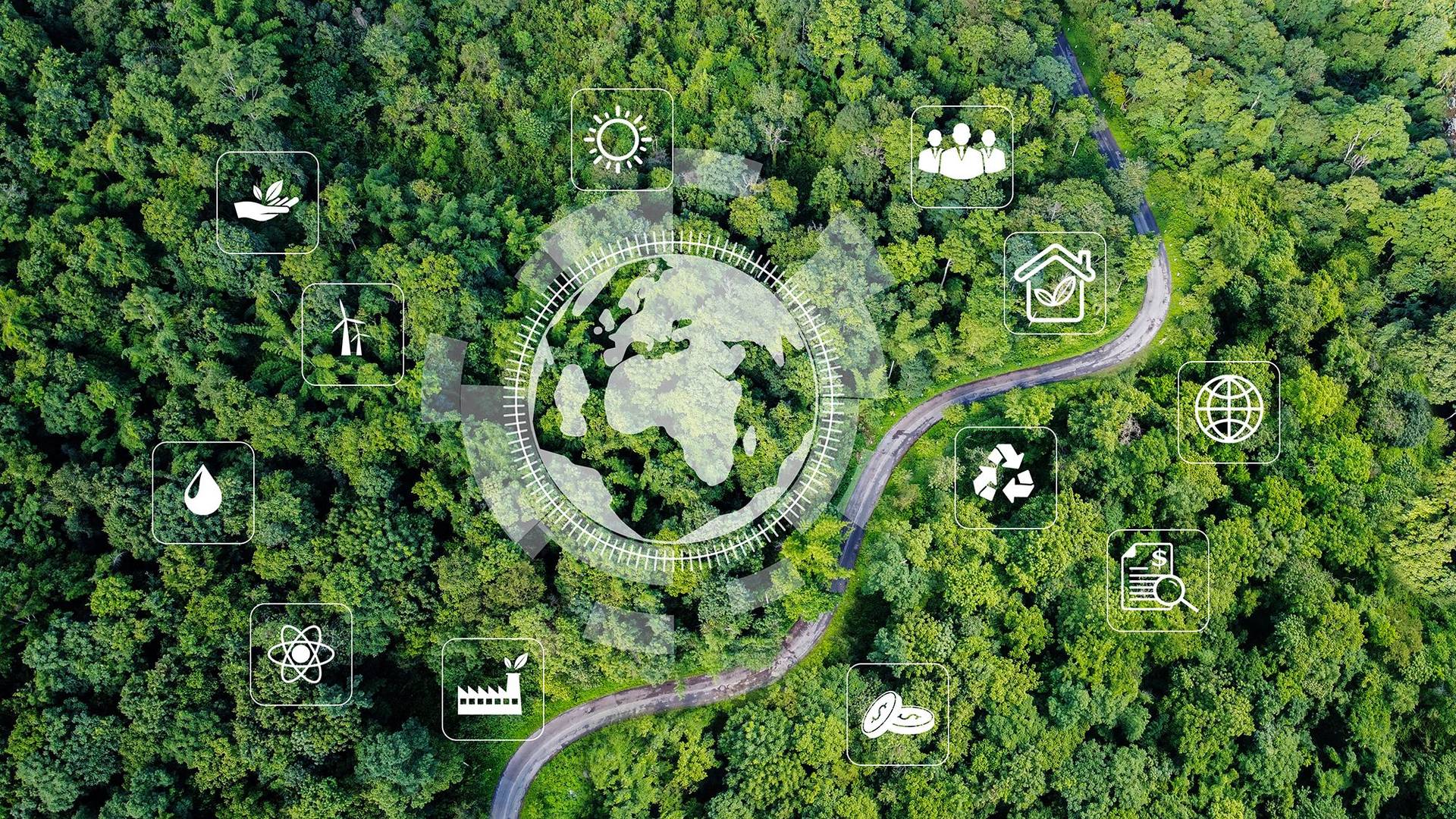
Regulatory update on the SEC’s pause on climate-related disclosure rules
Despite the hold on U.S. Securities and Exchange Commission (SEC) climate-related disclosure rules, businesses are prudently preparing for climate-related disclosures.


In a significant development, the U.S. Securities and Exchange Commission (SEC) last week announced a pause on the implementation of its climate-related disclosure rules due to ongoing legal challenges. This stay reflects the complexity of balancing regulatory requirements with diverse financial and environmental stakeholder interests. From our work in the market, it’s clear that most of our clients are still moving forward, preparing climate-related disclosures despite the SEC’s rules being on hold. While the reasons for this are as varied as the companies involved, one commonality exists: a strong focus on mitigating risk and finding sometimes unexpected opportunities.
To explore this space, however, we must acknowledge one critical fact – measuring and disclosing climate-related data is not an end unto itself, nor simply a compliance exercise. It's merely the first step, with the data collected offering new insights for action. It is a gateway to identifying potential risks regarding activist stakeholders, legal jeopardy, and credit worthiness, and uncovering opportunities such as resource efficiency gains, lowered operating costs, and even new product lines or services. The important piece is that collecting and analyzing climate-related data serves not as a final goal but as a strategic starting point toward more robust, resilient, forward-thinking business models. AECOM is here to help at every step along the way.
Some of the specific rationale our clients have shared with us include:
-
Hiring managers understand that employees care about their employers’ impacts on the world. Studies show that potential hires rank climate action high on their reasons to join a company. In one example, an industrial client hired AECOM in 2023 to help them build a sustainability culture. This included a sustainability report to enable employee education and provide engagement opportunities for empowering employees about the crucial role they play in the process. They see the sustainability report as a critical step to position them as a responsible, innovative, and forward-looking company, enhancing its brand reputation and image among stakeholders and the public, and helping attract and retain staff.
-
Investors, insurers, and owners increasingly believe that climate-related risks are material to their investment decisions. We have helped multiple companies in developing their sustainability reports and aligning with international reporting standards, helping them respond to increasingly frequent and detailed investor requests for climate-related information. By helping dozens of companies to identify material climate-related risks and opportunities, we have helped them to meet or exceed investor expectations and secure the investments needed for sound business operational continuity.
-
Companies continue to drive sustainability through their operations and supply chains because it makes them more resilient, derisks their operations and increases operational efficiency. For instance, AECOM recently helped a solid waste company and multiple airports in calculating their GHG emissions and in each case found numerous ways to reduce emissions and to save money by implementing a net-zero carbon emissions plan. As part of the sustainability management plans and net zero road maps that AECOM has developed, our energy engineers have helped identify energy savings opportunities and implement them, lowering costs while driving down carbon.
National and multi-national firms are also subject to additional climate-related data collection and disclosure rules that will overlap with SEC’s delayed program. Organizations have been building up and training staff, hiring consultants, and developing tools and processes to meet similar disclosure requirements, including:
- California SB 253 – Scopes 1 and 2 emissions starting for FY2025
- California SB 261 – Climate-related disclosures consistent with TCFD and or ISSB starting for FY2025
- California AB 1305 – Use of carbon offsets to achieve significant GHG emissions reductions starting for FY2025
- EU’s Corporate Sustainability Reporting Directive (CSRD) – starting for FY2024:
- Scopes 1, 2 and 3 emissions if material
- Climate scenario analyses
- Climate risks and opportunities
- Climate governance and risk management
- Climate transition plan
- Energy consumption and mix
- GHG removals and mitigation projects financed through carbon credits
- Internal carbon pricing
- Anticipated financial effects from material physical and transition risks and climate-related opportunities
- International Sustainability Standards Board (ISSB) under IFRS reporting beginning in FY2024:
- S1 – Requires companies to disclose information about all sustainability-related risks and opportunities that could reasonably be expected to impact their financial performance or position in the future
- S2 – Requires companies to disclose more specific information about climate-related risks and opportunities, including scopes 1, 2 and 3 emissions and the use of carbon credits.
Still on the fence, or just getting started? Some initial questions you might ponder to determine your organization’s best path forward as it relates to potential upcoming regulations include:
- How well do we understand our climate-related risks?
- Have we quantified how such risks can positively or negatively impact our operations, employees, and financial performance?
- How well do we understand climate-related business opportunities that measurement may identify?
- Do we have a robust resilience (or business continuity) plan in place to respond to climate-related events?
AECOM brings a long history of helping our clients build implementation-focused sustainability strategies, conduct GHG emissions measurement and reporting, and drive systemic decarbonization across product portfolios. Each business is unique, so get in touch and let us know how AECOM can assist you in your carbon journey. It all starts with a conversation – our experts are ready to help you begin!